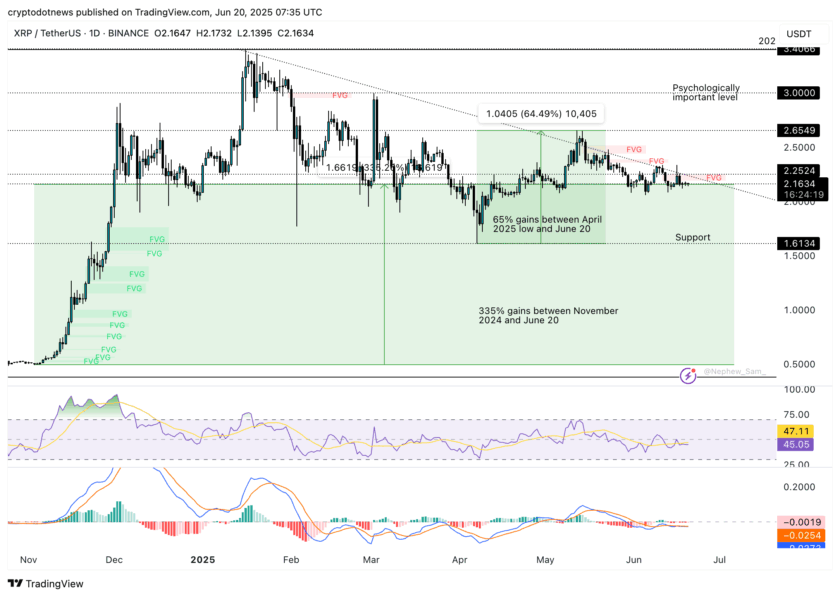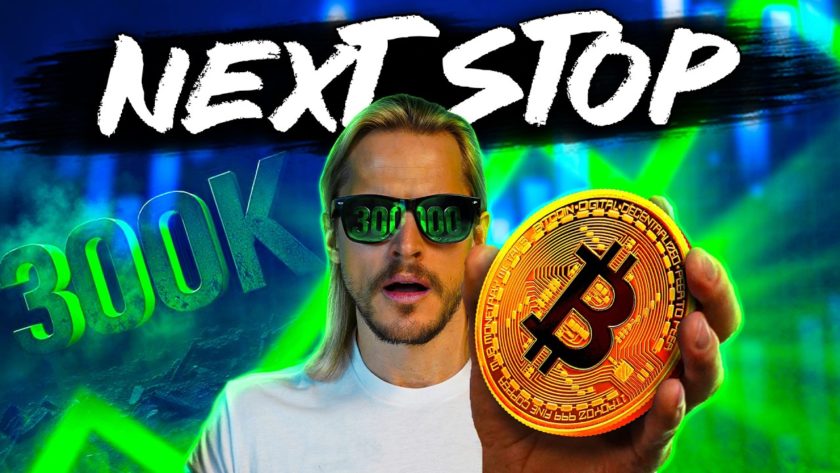Ripple Labs has long been a polarizing startup in the cryptosphere. Case in point, the San Francisco-headquartered company, started by Stellar Development Foundation Mt.Gox co-founder Jed McCaleb, is often bashed for being in bed with centralized financial entities — what Bitcoin was created to destroy. Moreover, many believe that the XRP digital asset is centralized, controlled by puppet masters at the fintech firm.
However, David Schwartz, the chief technology officer at Ripple, has claimed that his firm’s protocols actually have their benefits. Schwartz’s controversial comments come after the Ethereum Classic blockchain was attacked by an unnamed group/user.
Related Reading: Ripple Exec: Crypto Technology Needs Improvement Before Adoption
Ripple CTO Bashes Ethereum Classic’s PoW, Praises XRP Ledger
The crypto industry en bloc was shocked on Monday, as a damning Coinbase blog post surfaced. Per previous NewsBTC reports, Mark Nesbitt, a security engineer at the world-renowned startup, divulged that Coinbase detected a number of deep chain reorganizations (reorgs) on the Ethereum Classic network. Upon further analysis of the reorgs, Coinbase determined that an unnamed malicious user was leveraging rented hashpower to double spend ETC. And as such, the firm was mandated to shut down trading operations for the asset.
After a deep-dive of this industry event, which went under the radar for over 24 hours, Coinbase’s engineers discovered that upwards of 88,500 ETC, which amounts to a fiat sum of ~$450,000, were falsely deposited on the OkEX exchange.
As this news broke, reaching the eyes and ears of cryptocurrency commentators across the globe, Twitter quickly erupted in a frenzied clamor. Tim Swanson, a leading American technology guru with vested interests in crypto-related firms, took the time to state that by design, Proof of Work (PoW) chains “cannot guarantee settlement finality.”
Litecoin creator Charlie Lee took the time to caution his followers, stating that coins that aren’t dominant in their respective consensus mechanisms (Ethash for Ethereum Classic) are susceptible to attack. Lee then drew attention to NiceHash, a mining marketplace, to prove his point, noting that it would cost a mere $5,000 to attack the ETC for an hour.
While the aforementioned comments were expected, what was unexpected was the response that the so-called “XRP Army” had to this industry occurrence. Not only did Ripple’s biggest fans claim that the multiple reorgs of the ETC chain were a win for XRP, but so did David Schwartz, the aforementioned member of Ripple’s top brass.
Citing the Coinbase exposé piece, Schwartz noted that the XRP Ledger isn’t susceptible to double spend attacks, as its “distributed agreement protocol” eliminates that risk. For those who missed the memo, XRP’s consensus mechanism is vastly different from the PoW schemes that networks like Bitcoin utilize, as validators and tracking servers maintain the ledger without mining.
Another PoW blockchain suffers a double spend attack, this time ETC. XRP Ledger’s distributed agreement protocol eliminates this risk.https://t.co/RQBEWAXmRD
— David Schwartz (@JoelKatz) January 7, 2019
This pro-Ripple statement should come as no surprise, especially considering that Schwartz is an obvious advocate for the network he builds on.
Schwartz’s brief statement on the matter quickly became a rallying cry for Ripple’s most fervent fans, with Twitter accounts bearing “XRP” in their names quickly lauding their favorite asset, while bashing PoW networks. While there were hundreds backing the third most valuable cryptocurrency by market capitalization, skeptics were quick to debunk this newfound love for Ripple.
Skepticism Ensues
Rob “Crypto Bobby” Paone, a skeptic of XRP’s status in this industry, touched on the discussion that XRP is better than its PoW counterparts in a recent Youtube video. Addressing the topic with skepticism and hilarity, Paone, a growth advisor at Mike Novogratz-backed Airswap, noted:
“If you’re an XRP fan, you can certainly say ‘hey Coinbase, you listed Ethereum Classic that got 51% attacked, so it has proven [itself] to be not secure.’ But, on the other end [of the spectrum], maybe [the Ripple ledger] is very vulnerable to government, regulators, and things of that nature, due to the potential centralized nature of it.”
The seasoned industry commentator wasn’t alone in his cynicism. Far from, in fact. Gab.com, a pro-crypto social media platform built around the premise of free speech, quipped that if Ripple Labs can freeze funds, whenever and for whatever reason, there’s a chance you might have a “scamcoin on your hands that isn’t decentralized.”
Pro tip: if Ripple Labs can freeze your funds at anytime for any reason you might have a scamcoin on your hands that isn’t decentralized.
Might as well just open a normal bank account lol.
— Gab.com (@getongab) January 7, 2019
Gab, which is no stranger to financial censorship, added that considering Ripple’s purported control over its go-to ledger, you might as well open up a traditional bank account. Via the medium of another inflammatory tweet, the American startup, known for its enamorment with Bitcoin, later noted that XRP is only great if you trust Ripple Labs.
One Twitter user commented that the XRP can be 51% attacked when a “few board members agree on something,” accentuating the centralized nature of the company behind the shadowed ledger.
However, in a recent questionnaire, Ripple’s CEO, Brad Garlinghouse, has claimed that this critique is fundamentally false. Speaking with Monica Long, one of Ripple’s Senior Vice Presidents, Garlinghouse noted that “people are going to spread their FUD (fear, uncertainty, doubt),” adding that there is much misinformation regarding XRP’s status and underlying nature.
The chief quipped that due to the presence of misinformation, those misaligned may continue to “engage in whatever zealotry [they want].” Yet, in quick succession, Ripple’s c-suite head noted that “by many measures, the XRP Ledger is more decentralized than Bitcoin.” He went on to elaborate:
“Ripple runs seven validators, [which is] about four percent of [all] public validators… On the Bitcoin ledger or Ethereum ledger, you have a very small number of miners controlling, you know, well past 50% of [the] mining power.”
This, of course, came straight out of the mouth of Ripple’s very own head. Regardless, a number of XRP diehards have incessantly used comments from Garlinghouse and Schwartz to bash traditional cryptocurrencies over the head.
Featured Image from Shutterstock




